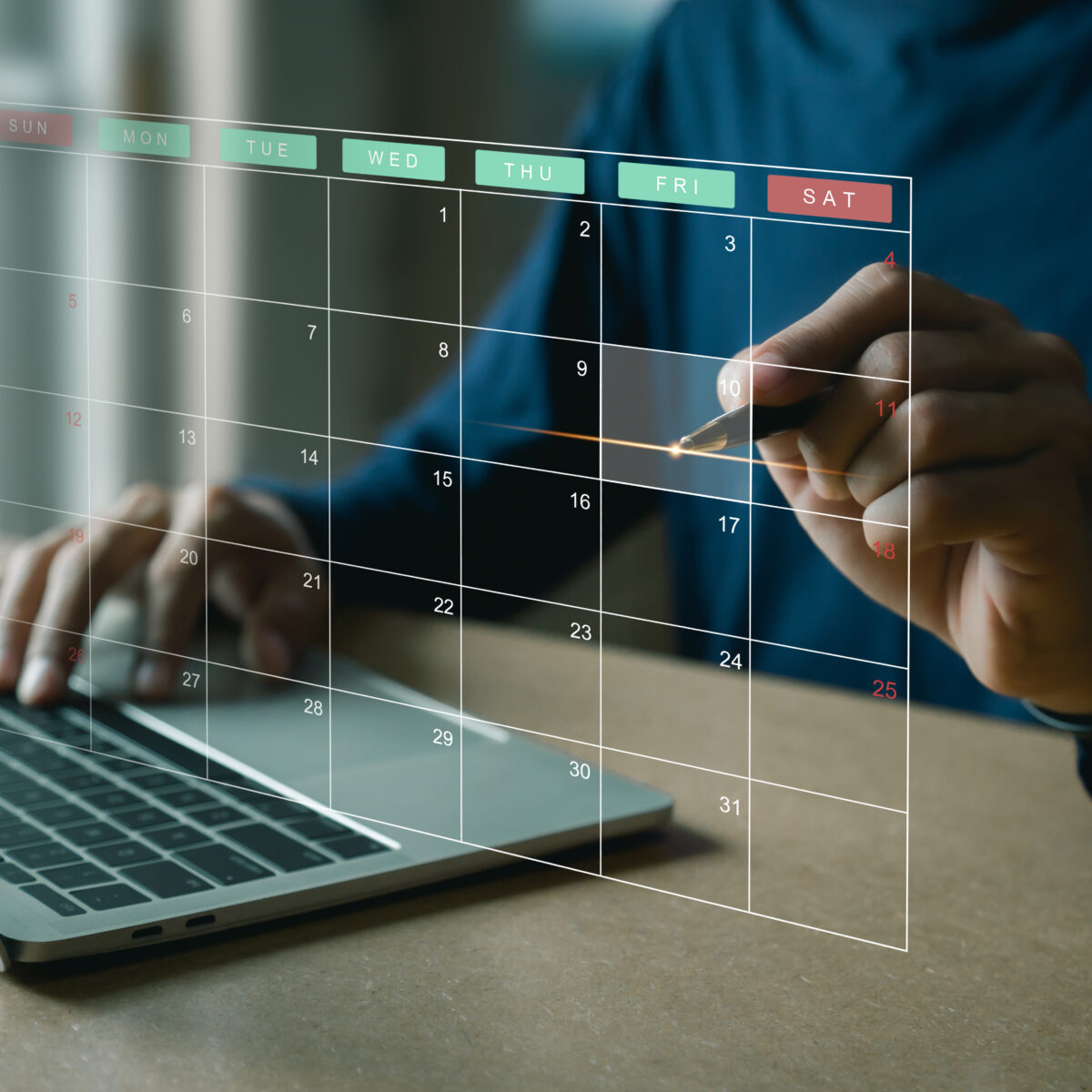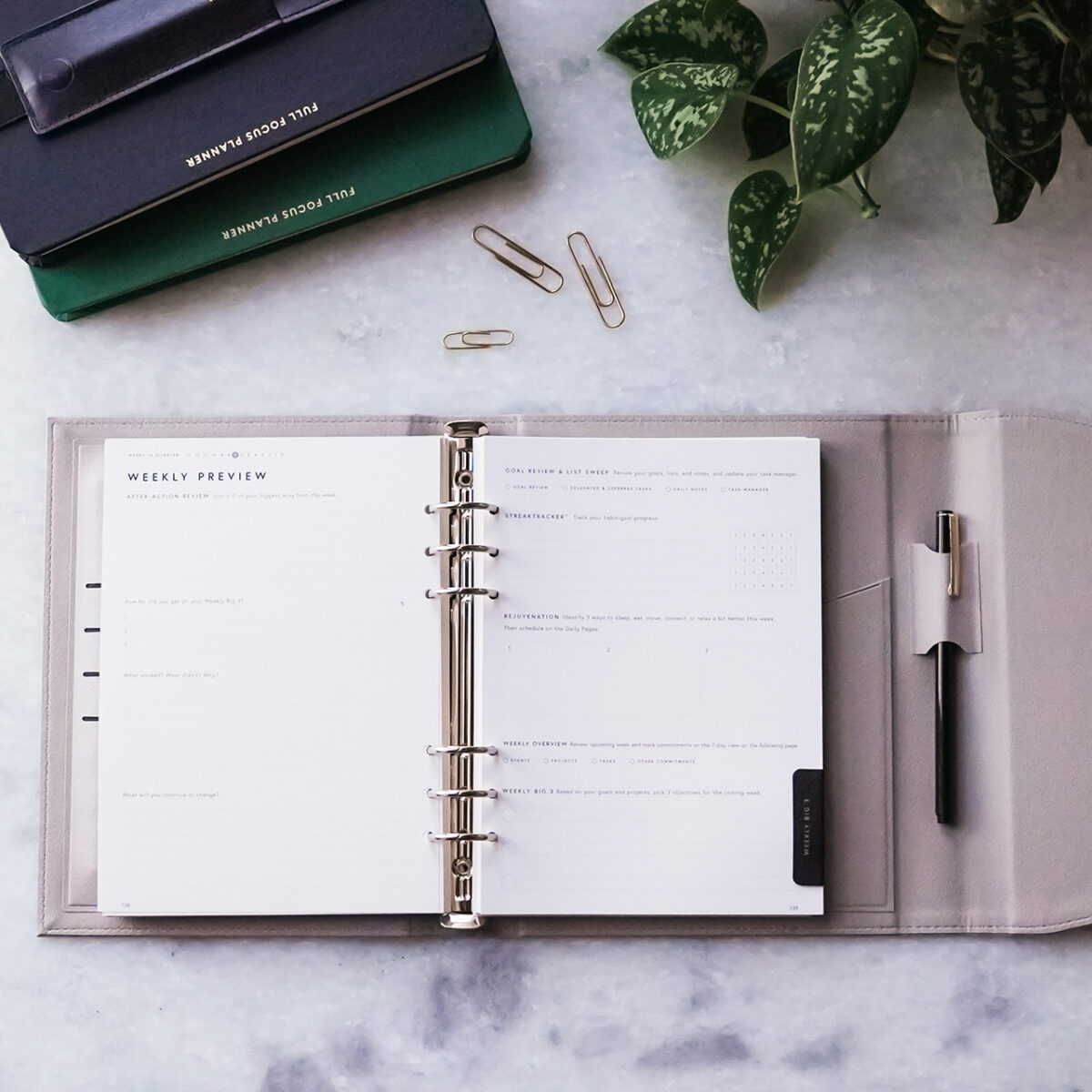The two most powerful words in the English language are yes and no. Unfortunately, they’re also the hardest to master.
Like you, I have more opportunities and requests than time and energy. I’m better than ever at discerning the good from the bad, but I still sometimes agree to a project or meeting, instantly realize the mistake, and wish I had a rewind button for my life.
Lysa TerKeurst wrestles with the same thing, and I’m excited to say she’s now written a book on making wise decisions in our crazy world of endless demands.
I count Lysa as a friend. She has spoken at my Launch and Platform conferences, and I’ve had the privilege of speaking at her She Speaks conference. I love her sense of humor and her warmth. Lysa has an uncanny ability to tell hilarious stories about herself that help us better understand our own strengths and weaknesses.
Her new book, The Best Yes is no different. It’s all about how master those two powerful words, yes and no. She starts by admitting the struggle. “Every assignment feels like my assignment,” she says. But then she finds herself overcommitted. “I’m a little overwhelmed and a lot worn down.”
Can you identify? The only way to keep life from sucking us dry is to change our approach to making decisions. Lysa offers several ideas for sorting the good from the bad and better wielding our yeses and nos. I find these five particularly helpful:
- Conduct an hours assessment. We only have 168 hours a week, but one reason we misuse yes and no is that we think we have more time than we actually do. Lysa recommends listing the main things we do every week and estimate the time they take. It’s pretty easy to see that we actually have far less time than we think.
Lysa recommends we take the margin we’ve identified and schedule it for the things we really want to accomplish and say no to most anything else.
- Chase down the decision. Our decisions give our life’s direction. Every agreement comes with a trajectory. Lysa suggests pausing before we choose and “chase down” the decision. Where will your decision lead? “And then what? And then? Keep going until you walk it all the way out.”
If the destination is one we’ll regret, the only answer is no. Further, if we’re unclear on the direction we’re choosing, we should probably say no, too. There are consequences for almost everything we choose. It pays to know what they are.
- Consider the trade. For every explicit agreement we make, there are always dozens of implicit agreements that go along with them. Choices are, as Lysa says, “package deals.”
To make good decisions, whether yes or no, requires we work on making those implicit agreements clear so we can evaluate them. What else is really in this package?
- Examine your motive for choosing. It’s far too easy to say yes or no for reasons that have little to do with the merits of the choice. Sometimes we’re just afraid of upsetting someone. We want to please, to cajole, or to impress. But as Lysa says, “Those who constantly try to impress others will quickly depress themselves.”
We have to have enough integrity to refuse games like that. We have to look at the real pluses and minuses based on what our existing commitments and goals and then answer on the merits of the actual choice.
- Recognize there’s no such thing as a perfect decision. Sometimes we fear making the wrong call. So we hold off instead of just saying yes or no. That’s especially true for saying no because we harbor a fear of missing out.
Life’s too short, and stalling is too stressful to do that. Lysa says we have to make the call and trust that God will work things out for our good, as Romans 8:28 says. It’s a liberating message.
If we’re going to get what we want from life, we have to master these two potent words, yes and no. “Every day we make choices,” Lysa says. “Then our choices make us.”
No pressure, right?
Of course we all feel that pressure on the front end and learn to make better decisions. Or, we inevitably feel it on the back end when we’re suffering from dumb decisions we’ve made. I’ll take the first of those two options every time.
These five points I’ve covered here only scratch the surface. Though the target market for The Best Yes is primarily women, we would all benefit from Lysa TerKeurst’s practical wisdom about making decisions.
How often do you struggle with using yes and no?Disclosure of Material Connection: Some of the links in the post above are “affiliate links.” This means if you click on the link and purchase the item, we will receive an affiliate commission. Regardless, we only recommend products or services we use and believe will add value to our readers. We are disclosing this in accordance with the Federal Trade Commission’s 16 CFR, Part 255: “Guides Concerning the Use of Endorsements and Testimonials in Advertising.









